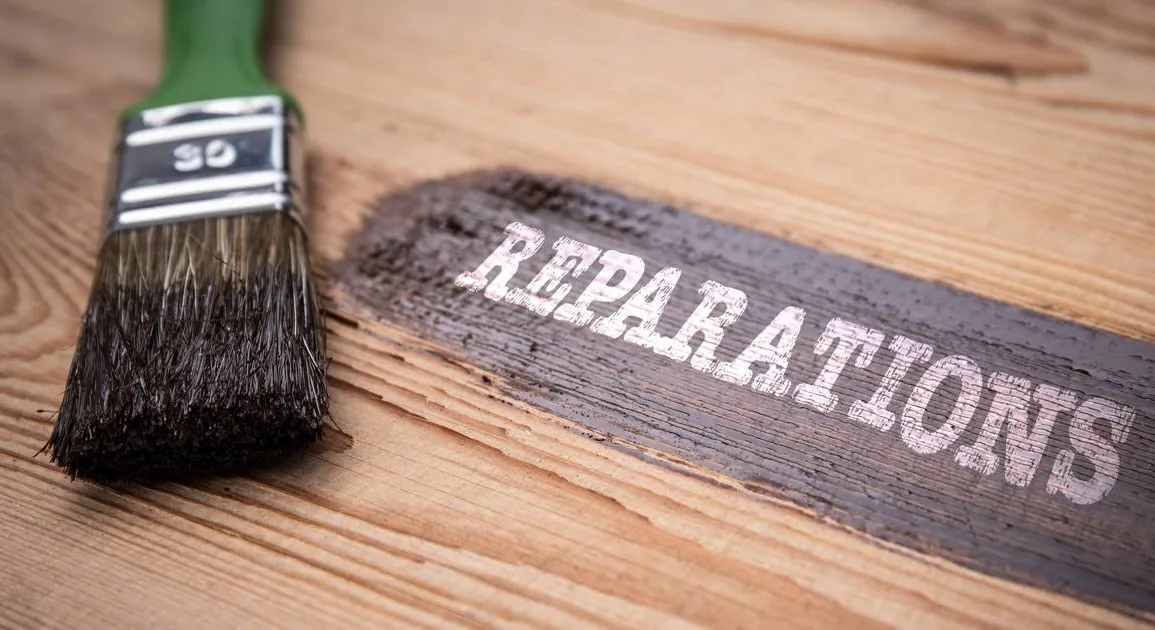Officials in California introduced a series of reparations bills as a part of the state’s effort to make amends for the long-lasting effects of slavery and systemic racism but no financial compensation was a part of the package, Politico reports.
On Wednesday (Jan.31), the proposal included the restoration of property that was taken by “race-based” cases of eminent domain and state funding for “specific groups” which could be unconstitutional.
The slate of bills marked the completion of years of research “including 111 pages of recommendations issued last year by a task force.”
The 14 measures that the Legislative Black Caucus presented addressed issues such as education, civil rights, and criminal justice, and the revival of a bill that sought to limit solitary confinement that was vetoed by Gov. Gavin Newsom.
In a statement, Democratic state assembly member Lori Wilson, chair of the caucus, expressed why cash payments were not a part of the proposals.
“While many only associate direct cash payments with reparations, the true meaning of the word, to repair, involves much more,” Wilson said. “We need a comprehensive approach to dismantling the legacy of slavery and systemic racism.”
State Sen. Steven Bradford, a Democrat from Los Angeles, authored a clause called “property takings” which provides some monetary benefits. The provision would, “Restore property taken during raced-based uses of eminent domain to its original owners or provide another effective remedy where appropriate, such as restitution or compensation.”
As expected, Black lawmakers are anticipating an intense battle to pass the bill. They are planning to appeal to their more conservative colleagues who have expressed their opposition to reparations. Also, there are legal hurdles they must navigate such as the state’s constitution.
Democratic assembly member Corey Jackson, who represents north San Diego, is requesting voters to amend the state’s Constitution to permit the state to underwrite initiatives specifically aimed at “increasing the life expectancy of, improving educational outcomes for, or lifting out of poverty specific groups based on race, color, ethnicity, national origin, or marginalized genders, sexes, or sexual orientations.”
Other features of the proposal include protections for “natural and protective” hairstyles for participants in competitive sports, and for the governor and entire Legislature to offer a formal apology for the state’s involvement in crimes and human rights violations against enslaved African Americans and their descendants.
California has been one of the leaders in moving forward with concrete ideas for reparations and is the only state to launch a task force to address the issue. Several cities such as San Francisco, Detroit, St. Paul, Boston, St. Louis, and Asheville, N,C., are all engaged in research around the reparations. In 2022, Evanston, Ill., became the first city to successfully issue cash payments for reparations.
In the weeks ahead, the caucus will release more specifics about the proposals.


